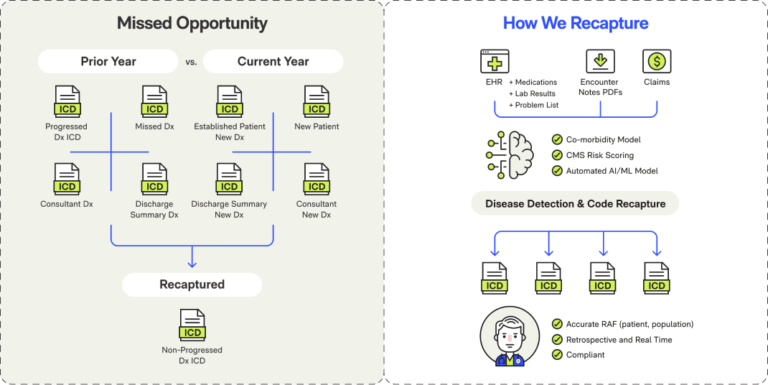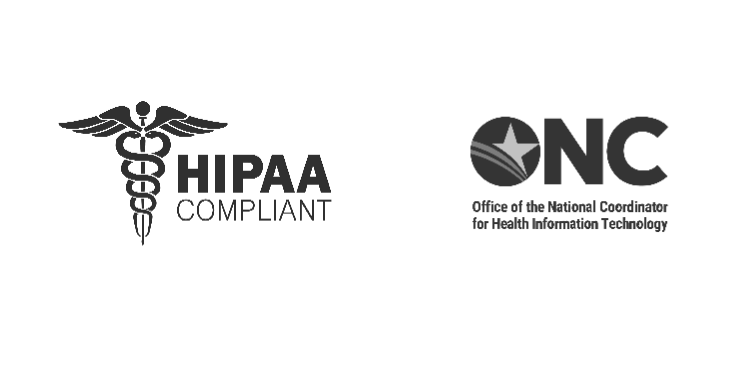Featuring our partnership with Target Robot’s HealthContext.AI, an AI service to document telehealth encounters.
case study highlight
Risk Adjustment Factor Case
New Risk Adjustment Factor models for reliable scoring. Discover the strategic advantage of our Risk Adjustment solution.















